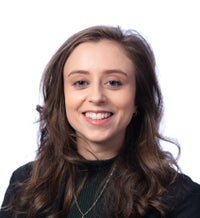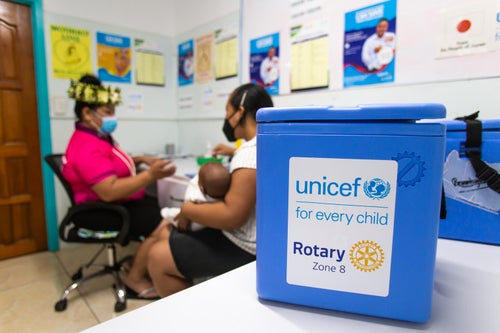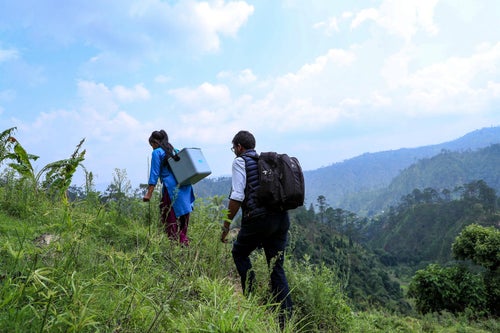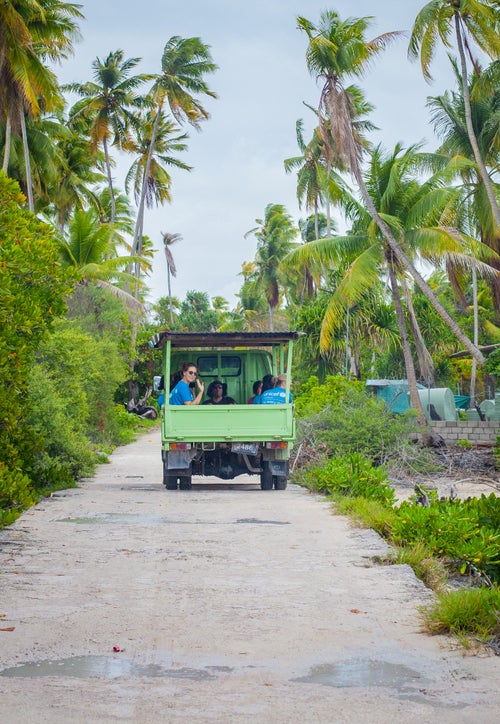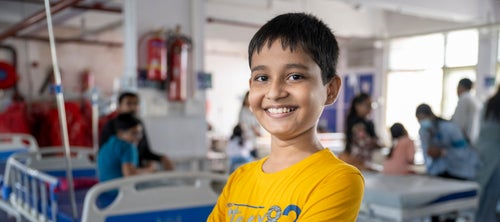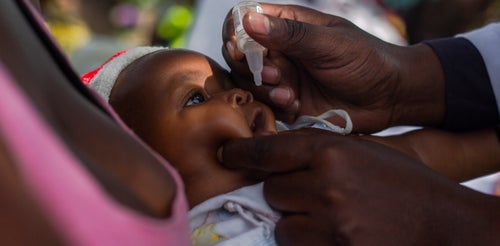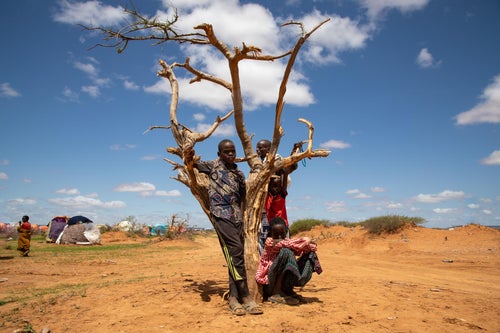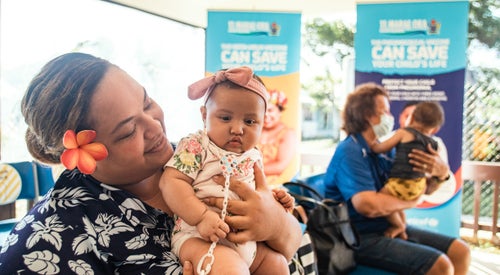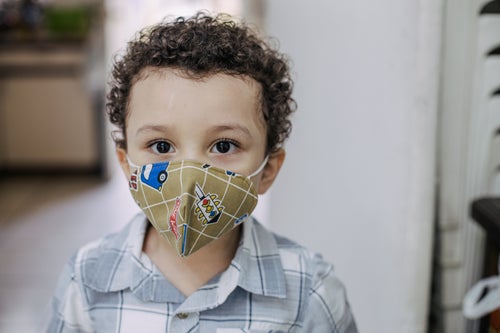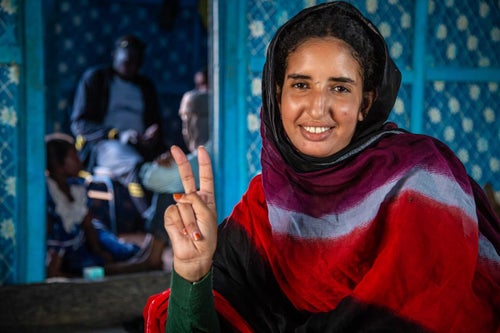Three frontline workers. Three stories.
Around the country, countless frontline workers are keeping our children and communities safe during the pandemic. From nurses to teachers, they ensure we can access health care and that our children continue learning, even during lockdowns.
We spoke to three women working on the frontlines of the COVID pandemic about what the vaccine means to them.
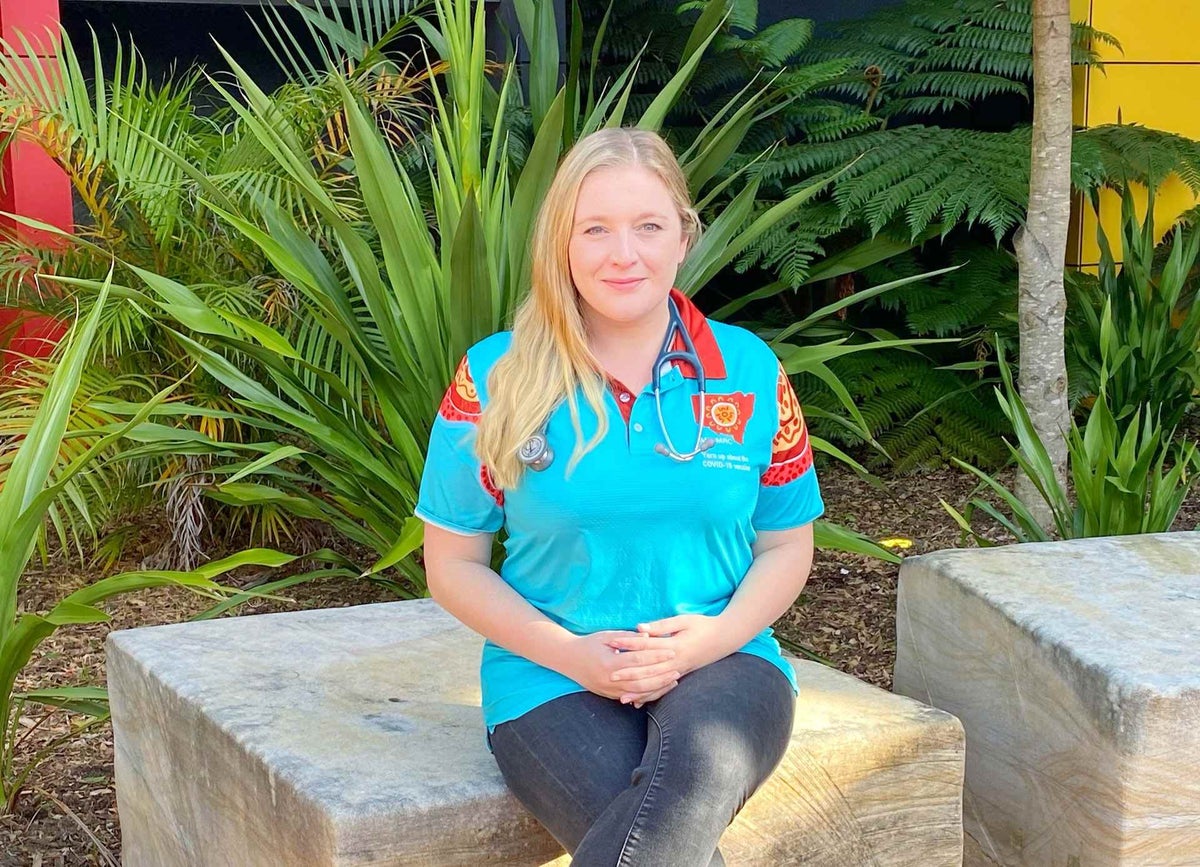
Jemmima, General Practitioner
“I've been doing vaccine clinics all week,” says Jemmima, a General Practitioner. “People are really grateful and excited about it."
When the rollout first began at this Aboriginal health care centre in South Western Sydney, Elders from the local community and well-known doctors held ‘Clinical Yarns’ to answer people’s questions and concerns about the vaccine.
While misinformation, fear and lack of trust can often lead to hesitancy Jemmima says the support coming from Elders in the community is encouraging others to get vaccinated.
“We’ve done an excellent job at breaking down the barriers and enabling people to feel empowered in making their own autonomous, educated decision about whether or not they want to be vaccinated and then enabling that,” says Jemmima.
Currently all Aboriginal and Torres Strait Islander people aged 12 and over can access a COVID-19 vaccine. Book your vaccination or check your eligibility here.
"I miss having that personal interaction with my patients."
As a doctor, Jemmima sees people of all ages, including babies and children. The pandemic has made it more difficult to see patients in person and this means more COVID swabs. But Jemmima will always try to reach her patients in the safest way possible.
“We will speak to them through telehealth, particularly in the current outbreak, and then if we have concerns, we'll bring them in,” says Jemmima.
“I will always see a kid. I'll put the whole thing [personal protective equipment] on and head outside into the carpark if needed. I miss having that personal interaction with my patients.”
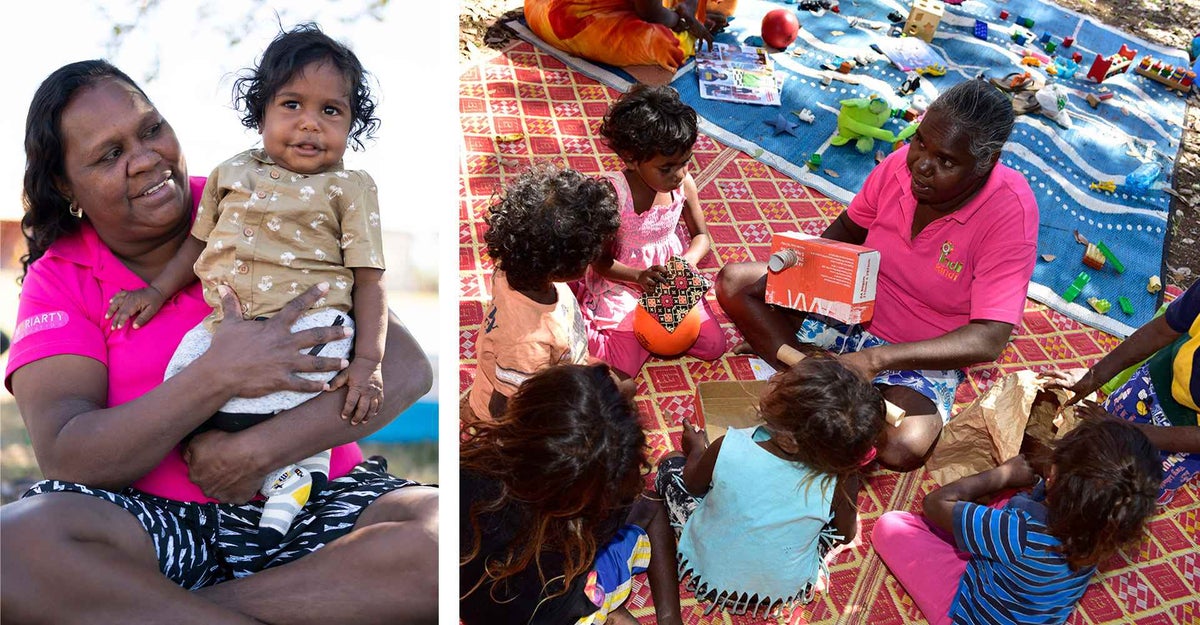
Deandra, early childhood educator
When COVID first broke out across Australia, Garrawa woman Deandra was in Darwin, Northern Territory on maternity leave. She spent some time in lockdown but was lucky enough to be with her family.
Families living in remote communities, such as Borroloola in the Northern Territory, often need travel to the big cities to access medical care.
"I know I'll be safe because I have the vaccine."
Deandra says the COVID-19 vaccine is like a ticket for going in and out of the community and encourages others to get the vaccine if they can.
“I can go out when I need to for a break or food or shopping, but I know I’ll be safe because I have the vaccine,” says Deandra.
“As long as you're safe and the community is safe. If they go to Katherine or Darwin, they’ll be safe.”
Today, Deandra is happy to be back at work as an educator with Indi Kindi – an early childhood education initiative led by local Aboriginal women and supported by UNICEF Australia.
The initiative gives children the best start to life by integrating education, health and wellbeing. Now fully vaccinated, Deandra feels confident to go to work.
“I enjoy waking up bright and early ready to go to work to change kid’s lives, make them happy, get them ready for school and to be part of their lives while they’re young,” says Deandra.
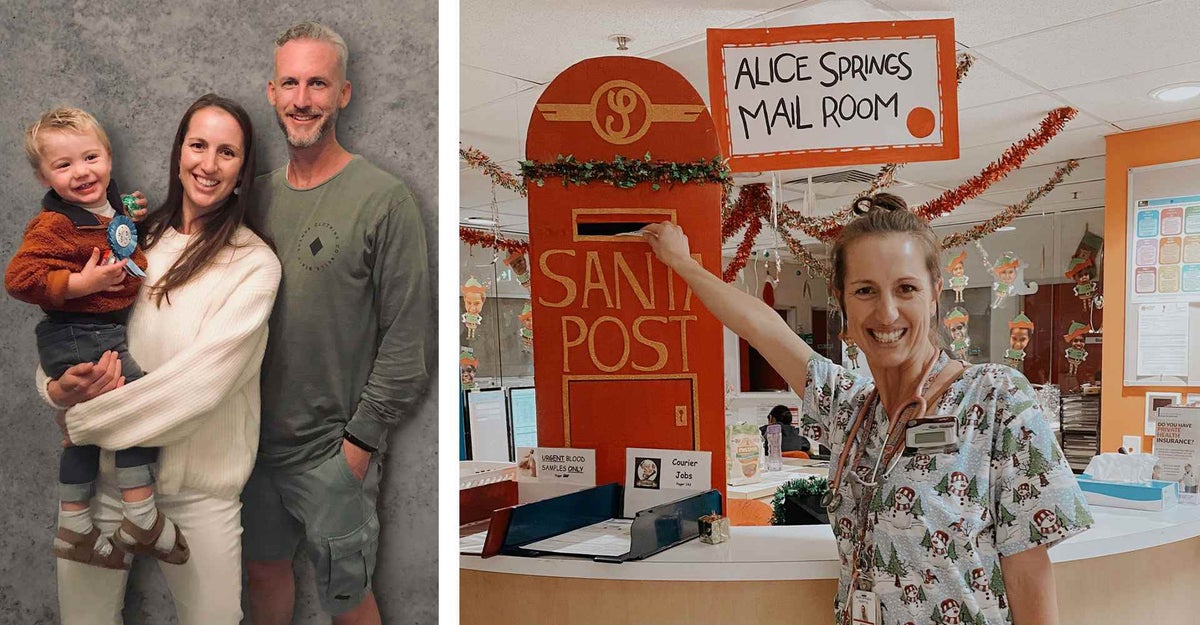
Nerida, paediatrician
Working as a paediatrician at a hospital in Sydney, Nerida says they have been investing in telehealth to make it as easy as possible for parents to access support for their children. But Nerida still encourages parents to come to emergency when needed.
“It is still vital for children, if they need to be seen in an emergency, that the emergency department is open, and we're here for people who need to see us,” says Nerida.
Extra protocols have been put into place to ensure the safety of both staff and patients. Staff wear personal protective equipment and children presenting with a fever or runny nose must have a coronavirus swab.
"I feel much more confident to work and do my job."
But there is one line of defence that Nerida is especially thankful for – the COVID-19 vaccine. Last year, she felt vulnerable not knowing what risk she was putting herself in at work.
Since having her second jab, Nerida has peace of mind knowing that even if she is exposed, she is unlikely to get seriously unwell.
“I feel much more confident to work and do my job because I know that I'm not going to put my family in jeopardy.”
“I'd say absolutely do it, it's your best chance to protect yourself and to protect your family, and the flow on positive effects of having a community that is vaccinated.”
Since the beginning of the pandemic, UNICEF has been working across the world to protect health care workers by providing medical supplies, personal protective equipment and COVID vaccines to help them continue this life-saving work.
We are so grateful for frontline workers around Australia and the world keeping children safe, educated and healthy. The best chance we have of overcoming this virus is to get vaccinated.
Related articles
Stay up-to-date on UNICEF's work in Australia and around the world




